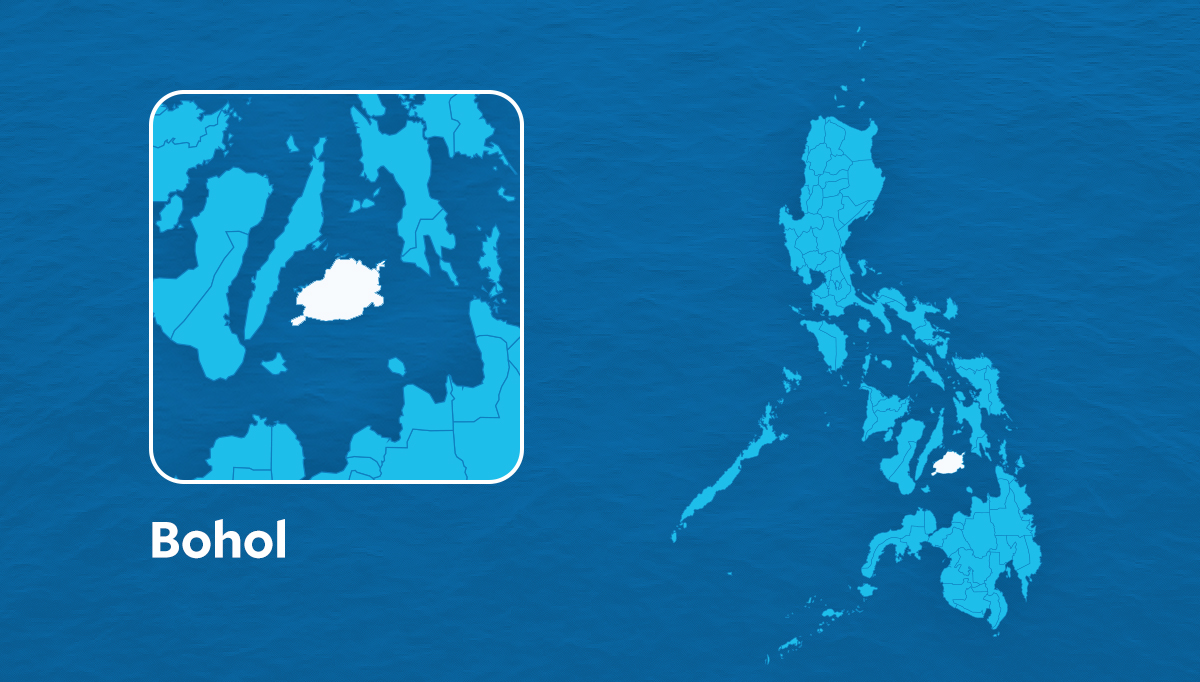From rain water, Bohol island residents finally taste potable water
TALIBON, Bohol — Potable water is not easy to come by on Guindacpan Island in Talibon, Bohol.
Residents had to wait for the rain to have something to drink, 22-year-old Cresyln Audrey Torreon.
“We rely so much on rain. We’ve been drinking rainwater for as long as I can remember,” she said in an interview on July 8.
Residents on the island, located in the middle of the Danajon Double Barrier Reef with a population of 2,520, have big barrels and giant tadjaws (clay pots) to store rainwater.
On July 7, the rain filled Torreon’s huge water container after months of drought on the island. She used a clean cloth to filter the rainwater.
Article continues after this advertisementThat might be the last time she and residents of Guindacpan Island had to drink rain to survive.
Article continues after this advertisementOn Monday, July 8, the island got solar-powered water desalination plants acquired through the World Bank, the Philippine Rural Development Project (PRDP) of the Department of Agriculture, and the provincial government of Bohol.
The facilities worth P13 million were turned over to the respective municipal and barangay units by PRDP representatives, Rep. Vanessa Cadorna-Aumentado of Bohol’s second district, Board Member Jamie Villamor, Talibon Mayor Jannete Garcia, Bien Unido Mayor Rene Borenaga and village officials.
Other neighboring islands such as Calituban and Mahanay can now fetch water from Guindacpan Island. The minimal fee of P14 per gallon was waived by Garcia.
Aumentado appealed to the islanders to take good care of the facilities after some water desalination plants given to other islanders in 2016 were damaged.
A desalination system could transform saltwater into potable water for freshwater-starved island barangays.
Rosalina Cabanes, 53, a resident of Bilangbilangan Daku, Guindacpan Island, said they used to rely on rain to survive.
At times, she said they were forced to travel by boat to mainland Bohol to buy drinking water for P60 to P80.
Travel by an ordinary pump boat from mainland Bien Unido to Bilangbilangan Island takes 30 minutes to an hour.
“Now, we’re very happy that what we are hoping for has arrived,” she said.
